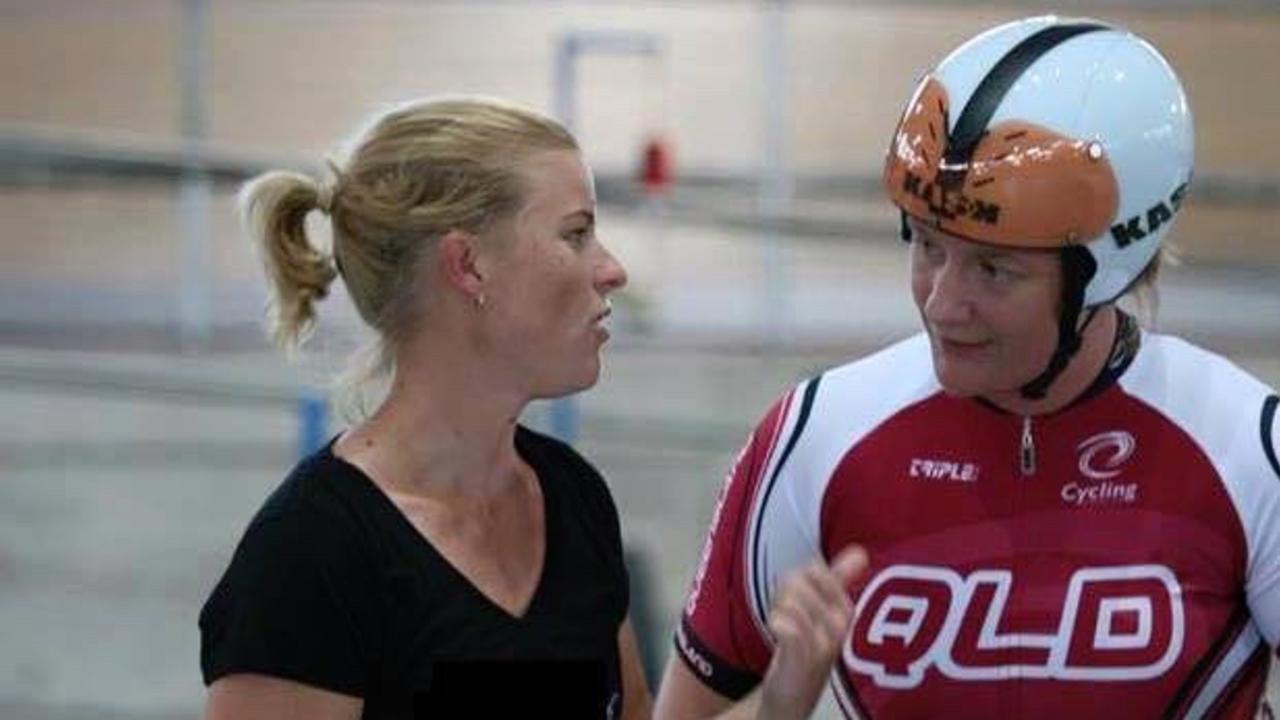What to look for in a C.O.A.C.H

If you’re in the market looking for a cycling coach to help you make your goals achievable, it’s important you find a good coach who will tick all the boxes for you - as ultimately this is about YOU and your journey to become a better cyclist.
So what qualities should you be looking for in a Coach?
We’ve devised a simple acronym to help you on your path in finding a C.O.A.C.H.
Competent
Let's start with competency.
Ensuring you have a competent coach means finding someone who has the relevant qualifications and experience in the discipline you’re looking for guidance.
If you’re wanting to be a track sprinter, than it’s best to find someone who has direct experience in this discipline so ideally, look for someone who has experience in sprinting - e.g. a former athlete or coach who has good experience in working with sprinters.
Good coaches will have the ability to talk you through the objectives of training exercises, development phases and the fundamentals of your program.
A good way to work out whether you’ve found a competent coach is to ask a lot of questions before signing any coaching paperwork.
Open
Openness is an important quality of a coach for a number of reasons.
A good coach will share information and knowledge with other coaches without worrying about what others think of their philosophies.
The more open a coach is, the more likely they are to take on and use new information and the latest research - which is all important in this day and age with the acceleration of sports science.
Additionally, openness is really important in establishing and maintaining a good relationship with the athlete.
But if you are the athlete, you’ll have to hold up your end of the deal too, and be open enough to share information with your coach for the benefit of your own performance.
Athlete Focused
A coach that has the athlete’s best interests at heart is always going to be a better coach than someone who is in it for other reasons (such as business, money and status).
Passionate coaches will think about what the best activities and training plans are for each athlete as individuals, and won’t use generic information to develop training plans.
This is extremely important as you, as an athlete and person, are different to every other person and therefore deserve and should be asking for an individual training plan.
If a coach is athlete focused, they will have no problems factoring in your own personal commitments (such as work and family) around your training schedule to ensure the best outcomes are possible.
Communicative
A communicative coach is important - without good communication, how do you expect to have mutual understanding and interpretation of programs and progression?
Communication is one of the single most important elements of coaching which is a two-way street.
You should expect a coach to have great communication skills, but you also need to ask yourself whether your ability to communicate important information with your coach is up to scratch.
We’ve seen and experienced too many situations where communication skills on the part of the coach or the athlete have fallen down and resulted in negative experiences or outcomes.
Find a good communicator to coach you, but make sure you come to the party and bring your best communication skills to the relationship.
Honest
Being honest can sometimes be one of the hardest hats that a coach has to wear, particularly when it comes to reflecting on performances or helping an athlete be more realistic about their goals.
There’s nothing easy about letting an athlete know that they’re just not meeting performance goals and objectives.
But for the benefit of the athlete and the relationship going forward it's really important these types of conversations are had.
Be prepared to occasionally ‘butt heads’ on opinions and be challenged by your coach, but don’t be afraid of constructive criticism - you will grow as an athlete and learn more about yourself and your strengths and weaknesses.
An honest coach will be able to tell you whether your goals are realistic or not given all the information that they have in front of them.
They’ll also be able to help you in constructing achievable goals which is really important when you’re investing your time and money into the sport.
Finding a good coach isn’t always easy but it can make or break your experience as an athlete.
Having worked with a number of coaches as athletes ourselves, and also having worked with different athletes as coaches, we’ve been able to identify qualities of good coaches and athletes.
If you’re not sure, ask questions and make sure that you feel confident and happy in your training environment as it really does contribute to your overall success and enjoyment in the sport!
Have you got a great coach, or are you looking for some guidance? Leave us a comment below and let us know, we’re here to help!

